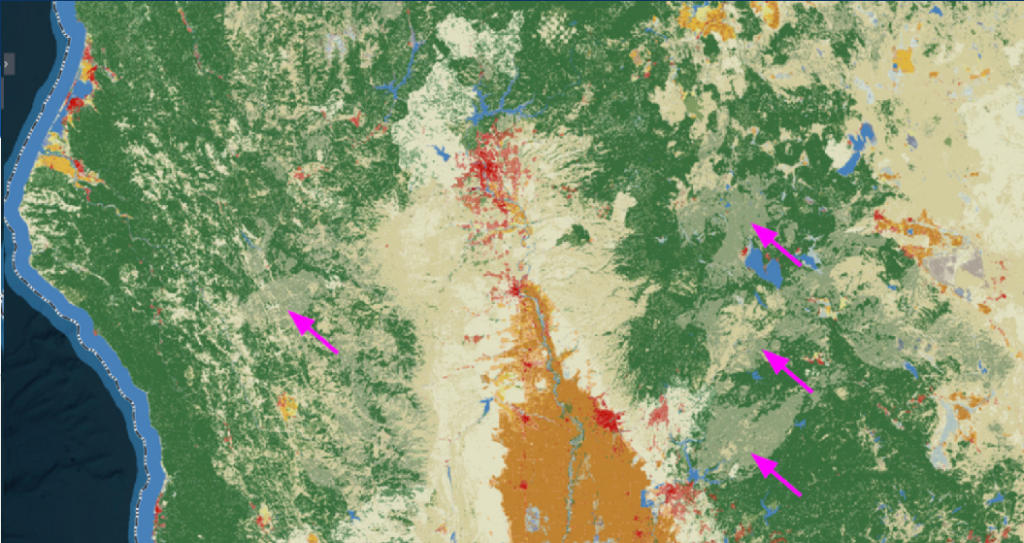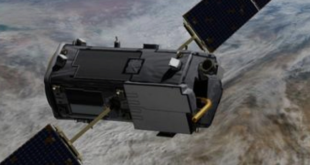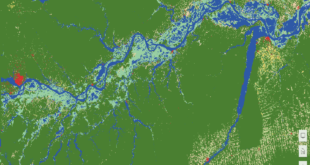London, 14 July 2023.- Impact Observatory, a US-based space observation system company, announced on the 5th of July that it has entered into a partnership with Planet Labs PBC, a provider of daily data and insights around the world. The partnership uses AI-powered analytics to monitor land cover and land use (LULC) on top of Planet Lab’s high-frequency, medium/high-resolution satellite data.
This partnership is intended to provide customers with high quality space-based global mapping and monitoring benefits, when compared to existing public satellite imagery solutions.
PlanetScope is Planet Lab’s 130+ DOVE satellite constellation. Its spatial resolution enables customers to classify features in built areas e.g. roads, buildings, small areas of vegetation, and small bodies of water. There will be a 5x increase in temporal resolution, as a result of PlanetScope’s daily, global revisit allowing them to see the temporary features of our living world e.g. small bodies of water and flood water that aren’t visible in weekly imagery available from public satellite data. It will also allow customers to monitor changes quicker and at earlier stages e.g. forest losses due to wildfire, impacts of flooding, start of new construction, and damage due to conflict.
Additional benefits include the annual and seasonal classification, where they will be able to classify 15+ land-cover categories, both annually and seasonally, create metrics, and identify areas of change.
“With AI-powered on-demand monitoring from Impact Observatory using best-in-class PlanetScope imagery, customers get access to accurate, near real-time geospatial insights to support security, environmental and resource mapping,” said said Steve Brumby, Co-founder and CEO of Impact Observatory. “Monitoring land-use change based on recent trends and historical patterns enables decision makers with the detailed warnings they need to respond to climate-crisis threats to communities, infrastructure, and natural resources.”
Since the release of their first global map in June 2021, Impact Observatory has received over 1,000,000 visitors accessing and downloading the maps via Esri Living Atlas, Microsoft Planetary Computer, and the AWS Registry of Open Data.
 SpaceWatch.Global An independent perspective on space
SpaceWatch.Global An independent perspective on space





